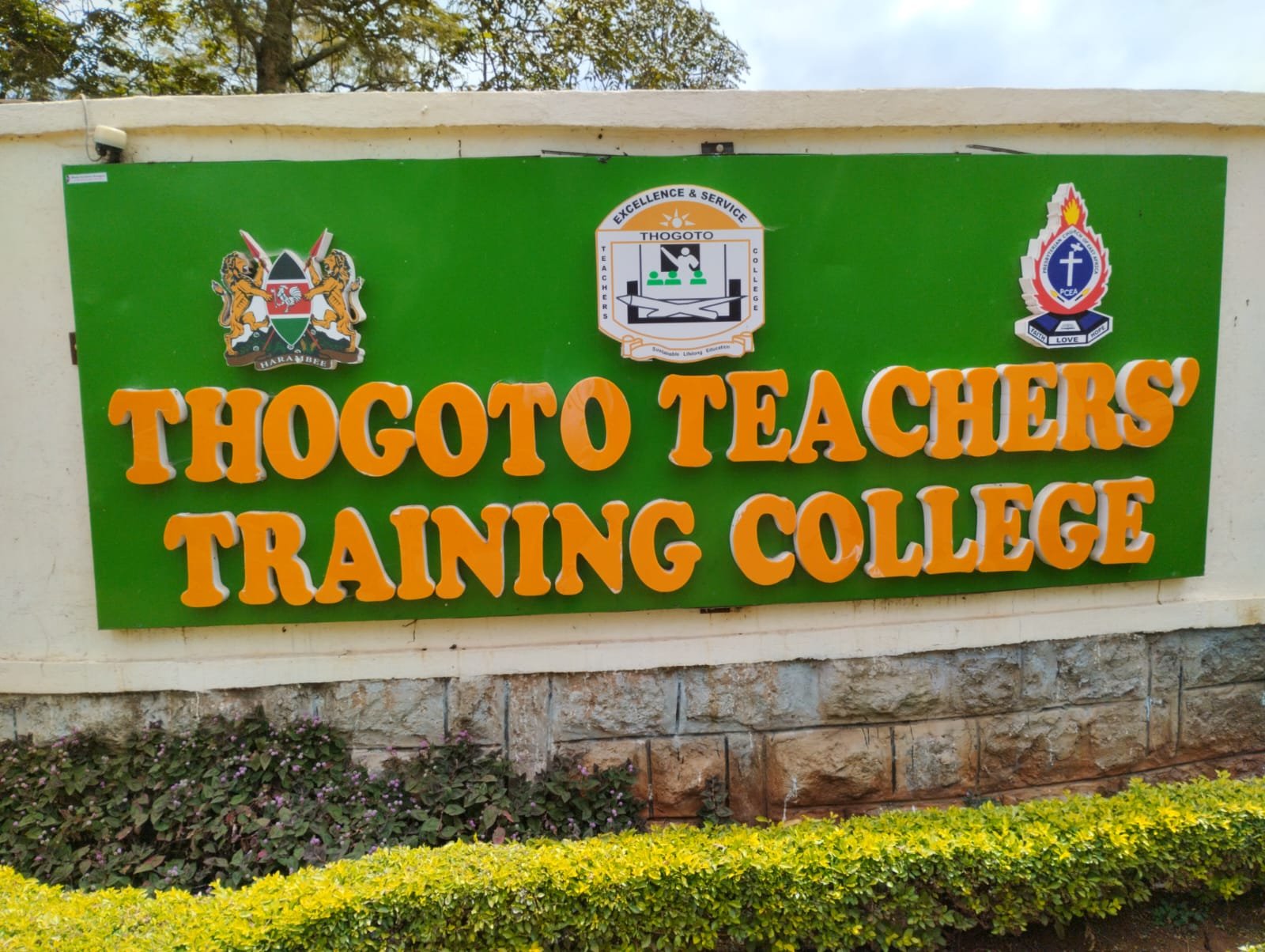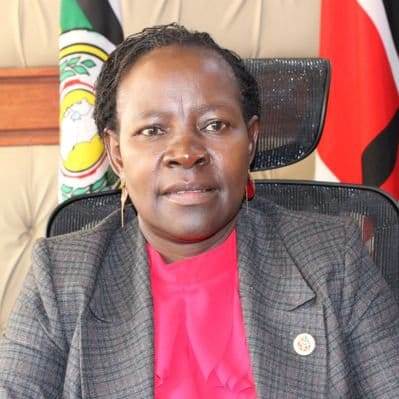A government’s decision to lower the minimum entry requirements for Teacher Training Colleges (TTC) has triggered a three-fold surge in student enrolment, rescuing the institutions from near collapse.
The reforms, recommended by the Presidential Working Party on Education Reforms (PWPER) led by Prof. Raphael Munavu, saw enrolment jump from 10,000 students in 2021 to more than 27,000 currently. The policy lowered the minimum entry grade for diploma programmes in Early Childhood, Primary, and Special Needs Education to a KCSE C plain, with no subject cluster requirements.
Education stakeholders have hailed the move as a lifeline for TTCs that had been crippled by dwindling numbers, forcing many tutors to be redeployed to secondary schools.
“Many TTCs had grounded to a halt. Experienced tutors were being deployed to secondary schools as student numbers dwindled,” said Kenya Union of Post-Primary Education Teachers (KUPPET) Secretary General Akelo Misori.
However, despite the enrolment boost, TTCs still face critical challenges, including delays in capitation disbursement, poor infrastructure, staff shortages, and the government’s push to convert some colleges into universities.
KUPPET chairman and Emuhaya MP, Omboko Milemba, urged the government to allow TTCs to admit day scholars to reduce the cost of education and attract more learners.
ALSO READ;
“Let the students live within the community so that the people around the colleges will see the importance of the institution,” Milemba said.
The taskforce report also flagged deeper systemic challenges, including unequal distribution of teachers, underutilisation of TTCs, lack of Higher Education Loans Board (Helb) support, and low attractiveness of the teaching profession.
Kenya Teachers Colleges Principals Association (KTCPA) chairman Wycliffe Nyongesa said the reforms had boosted enrolment countrywide but warned that colleges in North Eastern Kenya remain vulnerable.
“Without allowing walk-in admissions, some TTCs risk having no students at all,” Nyongesa said.
Kenya National Union of Teachers (KNUT) Deputy Chairman Malel Langat added that lowering qualifications has particularly benefited students from arid and semi-arid regions who previously could not access TTCs.
Despite the hurdles, stakeholders maintain that the reforms have given TTCs a new lease of life and remain crucial to sustaining competency-based education in the country.
By Mercy Kokwon
You can also follow our social media pages on Twitter: Education News KE and Facebook: Education News Newspaper for timely updates.
>>> Click here to stay up-to-date with trending regional stories
>>> Click here to read more informed opinions on the country’s education landscape





